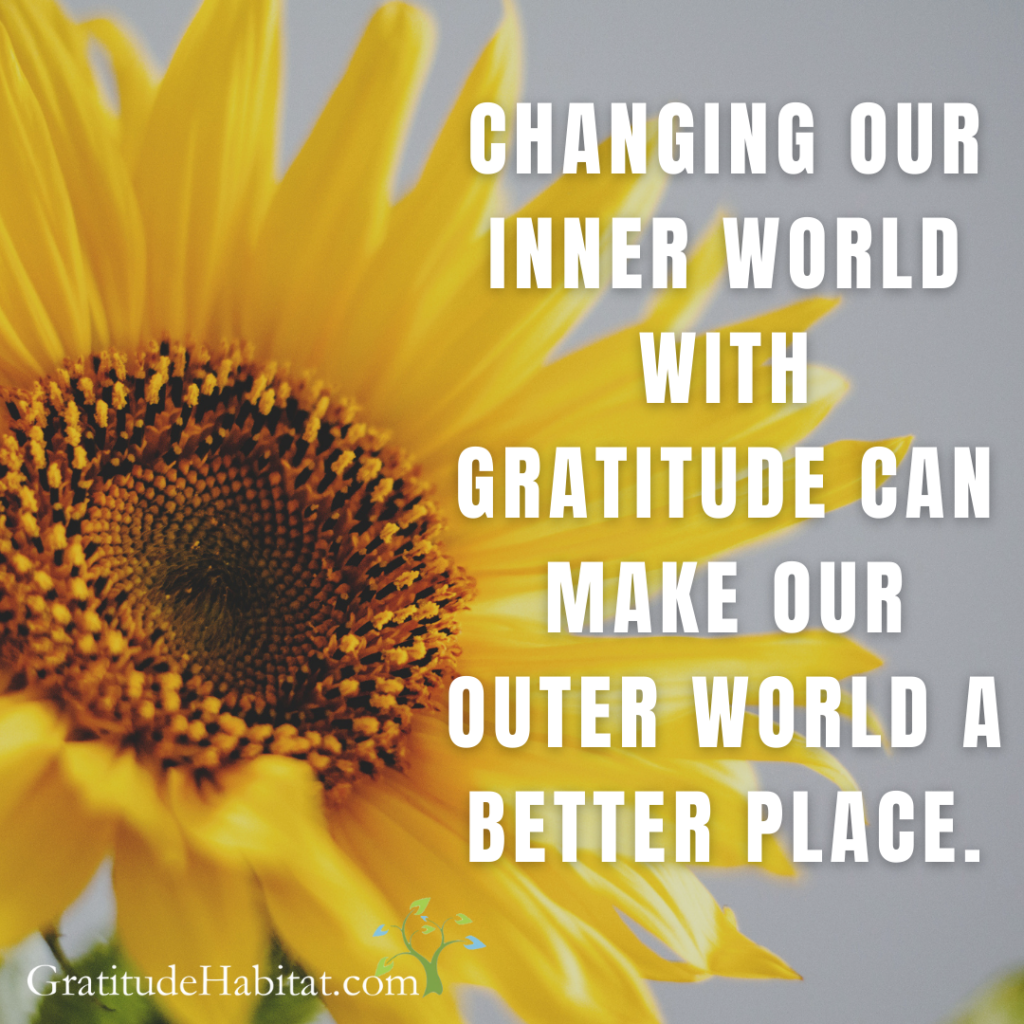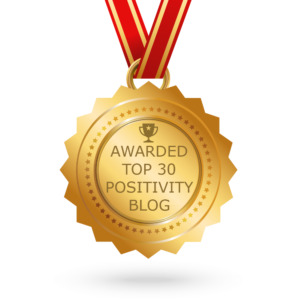Living in Gratitude: The Heart & Mind of Gratitude
An article authored in 2019 by Arjun Walla shared some interesting scientific information backing what we always knew: gratitude literally impacts us on a molecular level.
According to the article, scientists have discovered that feelings of gratitude can actually change your heart and brain. Feeling gratitude can help overcome depression and anxiety. Furthermore, scientists have discovered that the heart sends signals to the brain, and not just the other way around.
Says Walla, happiness is a matter of perspective, and in a world where we are constantly made to feel like we are lacking and always ‘wanting’ more, it can be difficult to achieve or experience actual happiness. Many of us look toward external factors to experience joy and happiness when really it’s all related to internal work. This is something science is just starting to grasp as well, as shown by research coming out of UCLA’s Mindfulness Awareness Research Center (MARC).
According to MARC:
Having an attitude of gratitude changes the molecular structure of the brain, keeps gray matter functioning, and makes us healthier and happier. When you feel happiness, the central nervous system is affected. You are more peaceful, less reactive and less resistant. Now that’s a really cool way of taking care of your well-being.
Researchers from Berkeley identified how gratitude might actually work on our minds and bodies. They provided four insights from their research suggesting what causes the psychological benefits of gratitude.
- Gratitude unshackles us from toxic emotions
- Gratitude helps even if you don’t share it
- Gratitude’s benefits take time & practice. You might not feel their impact right away.
- Gratitude has lasting effects on the brain
Yet another study discovered a brain network that “gives rise to feelings of gratitude. The study could spur future investigations into how these ‘building blocks’ transform social information into complex emotions.”
Researchers are now discovering that it might actually be the heart that’s responsible for sending these signals to the brain.

A group of prestigious and internationally recognized leaders in physics, biophysics, astrophysics, education, mathematics, engineering, cardiology, biofeedback, and psychology (among other disciplines) at the Institute of HeartMath have proven that when a person is experiencing positive emotions like gratitude, love, or appreciation, the heart beats out a different message, which determines what kind of signals are sent to the brain.
So far, the researchers have discovered that the heart communicates with the brain and body in four ways: neurological communication (nervous system), biophysical communication (pulse wave), biochemical communication (hormones), and energetic communication (electromagnetic fields).
“HeartMath research has demonstrated that different patterns of heart activity (which accompany different emotional states) have distinct effects on cognitive and emotional function. During stress and negative emotions, when the heart rhythm pattern is erratic and disordered, the corresponding pattern of neural signals traveling from the heart to the brain inhibits higher cognitive function. This limits our ability to think clearly, remember, learn, reason, and make effective decisions. In contrast, the more ordered and stable pattern of the heart’s input to the brain during positive emotional states has the opposite effect. It facilitates cognitive function and reinforces positive feelings and emotional stability.”
Walla’s overarching takeaway from all of the studies and research sited in his article conclude that, “Emotions and other factors associated with consciousness have the power to transform our inner world in ways we don’t fully understand yet. These findings show how consciousness can actually transform the physical/material world, and that’s huge. This validates the idea that if we can change our inner world through gratitude, empathy, compassion, and meditation, we can make our outer world more peaceful.”
If you’re looking for a New Year’s resolution, try cultivating an attitude of gratitude. Need a little help? Give our 30-day Art of Appreciation Online Workshop a try!
May your day be filled with gratitude and good things.







